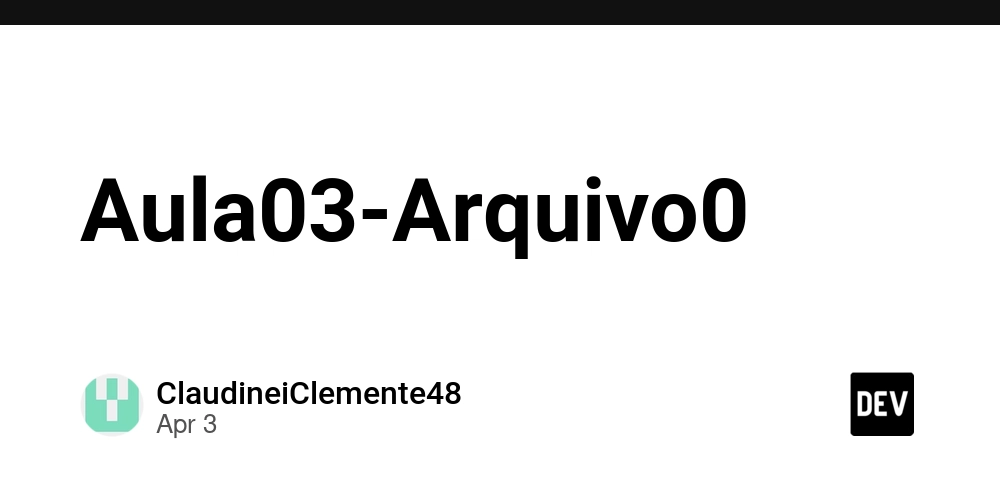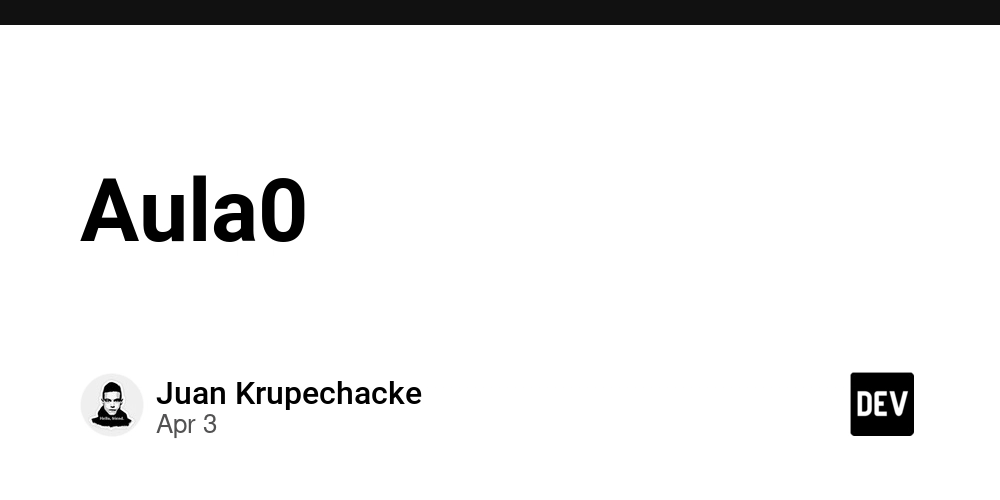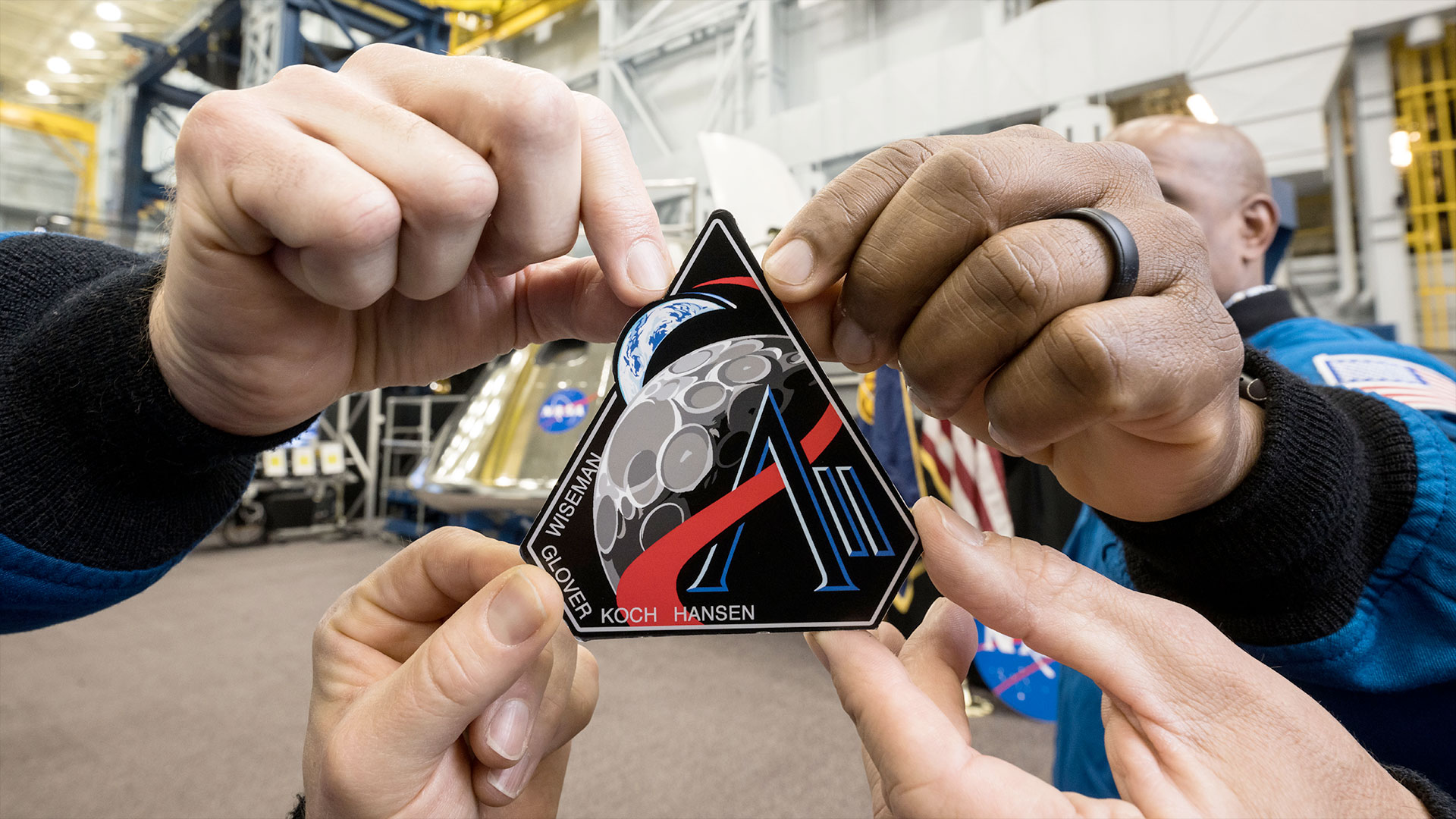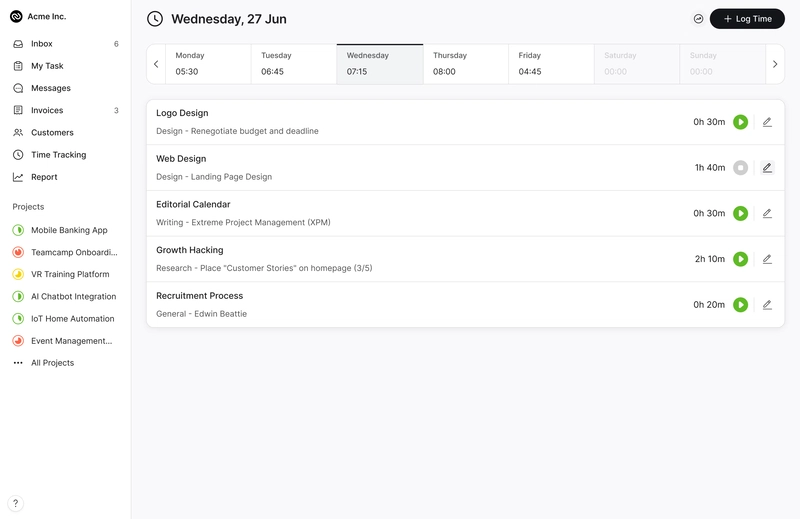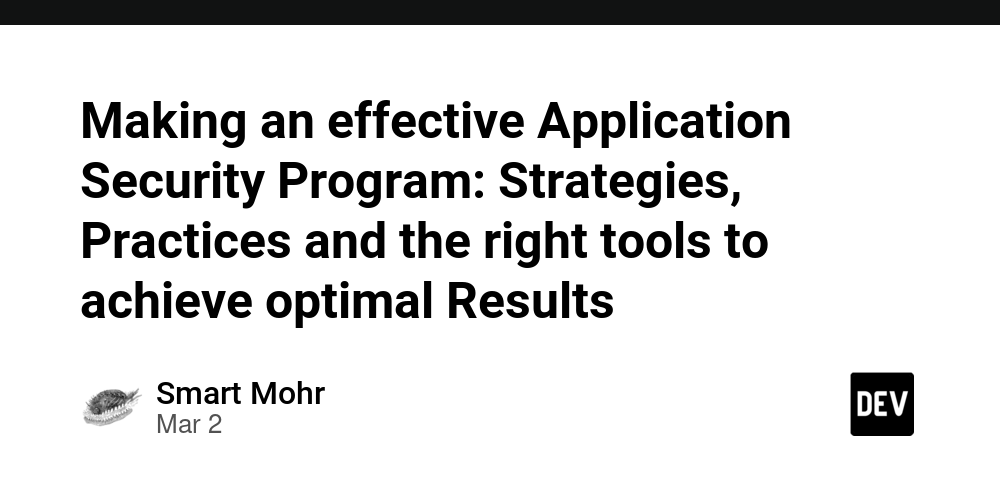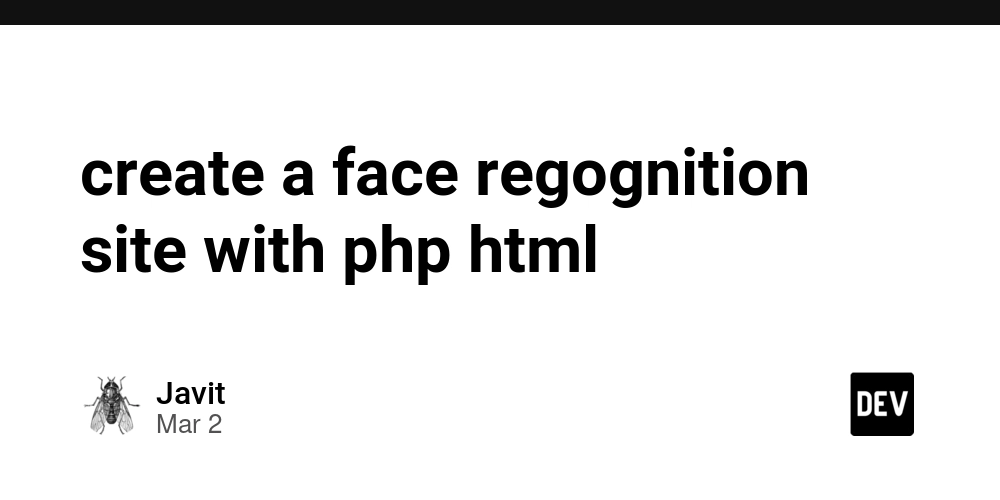10 Time Management Strategies for Developers to Boost Productivity in 2025
Introduction In today's fast-paced development environment, managing your time effectively isn't just a nice-to-have skill—it's essential for delivering high-quality code while maintaining a work-life balance. With mounting pressure to ship features faster and the constant stream of notifications competing for attention, developers need strategic approaches to time management that address their unique challenges. This guide explores practical time management techniques specifically tailored for developers, backed by research and real-world examples from high-performing engineering teams. Why Time Management Matters for Developers Software development requires deep focus and concentration. According to research, it takes approximately 23 minutes to regain focus after an interruption. These interruptions can significantly impact productivity and code quality for developers working on complex codebases. The nature of development work presents unique time management challenges: Context switching costs: Moving between different projects, codebases, or technologies drains mental energy Deep work requirements: Complex problem-solving demands uninterrupted focus time Collaborative dependencies: Waiting for code reviews or input from team members can create workflow bottlenecks Technical debt management: Balancing new feature development with necessary refactoring Implementing effective time management strategies can help you reclaim productive hours, reduce stress, and deliver more consistent results. 10 Proven Time Management Strategies for Developers 1. Implement Focus Sessions with the Pomodoro Technique The Pomodoro Technique involves working in focused 25-30 minute intervals followed by short breaks. This approach is convenient for development work as it aligns with how our brains naturally function. When working with complex codebases, getting your bearings can take time. Focus sessions give you the uninterrupted time needed to understand the problem space before implementing solutions. Set a timer, close distracting tabs and notifications, and work solely on the task at hand. Pro tip: Use longer Pomodoro sessions (40-50 minutes) for deep coding work and shorter sessions for administrative tasks. 2. Leverage AI-Powered Development Tools AI coding assistants like GitHub Copilot have transformed how developers manage repetitive tasks. These tools can generate boilerplate code, suggest completions, and help with documentation, freeing up your mental bandwidth for more complex problem-solving. By 2025, AI tools are expected to handle up to 40% of routine coding tasks, allowing developers to focus on strategic work that delivers higher business value. 3. Batch Similar Tasks Together Context switching is one of the biggest productivity killers for developers. Grouping similar tasks—like code reviews, bug fixes, or documentation—minimizes the mental overhead of switching contexts. For example, dedicate specific time blocks for: Code reviews and pull requests Meetings and team collaboration Documentation and knowledge sharing Deep coding work This approach reduces cognitive load and allows you to maintain a flow state for longer periods. 4. Implement Strategic Meeting Management Unnecessary meetings can fragment a developer's day, making it difficult to find blocks of time for deep work. To protect your productive time: Block off "no meeting" time on your calendar for focused coding Question meeting invites that lack clear agendas Suggest asynchronous alternatives when appropriate Use tools that allow for collaborative decision-making without synchronous meetings Many engineering teams have successfully implemented "meeting-free Wednesdays" to ensure developers have at least one day per week for uninterrupted focus. 5. Automate Repetitive Tasks Identify repetitive tasks in your workflow that can be automated. This might include: Setting up testing environments Deployment processes Code formatting and linting Generating reports or documentation Automation tools like Docker for containerization and CI/CD pipelines can significantly reduce time spent on routine tasks, allowing you to focus on writing and improving code. 6. Use Project Management Tools Effectively A centralized project management system is essential for tracking tasks, deadlines, and dependencies without constant context switching. Teamcamp emerged as a standout solution for development teams in 2025, offering features designed to enhance developer productivity. Teamcamp's unified project dashboard gives you complete visibility into all your projects, tasks, and resources in one intuitive interface. This centralized approach eliminates the need to jump between different tools, reducing cognitive load and making prioritizing easier. Unlike traditional project management tools, Teamcamp balances productivity with develop
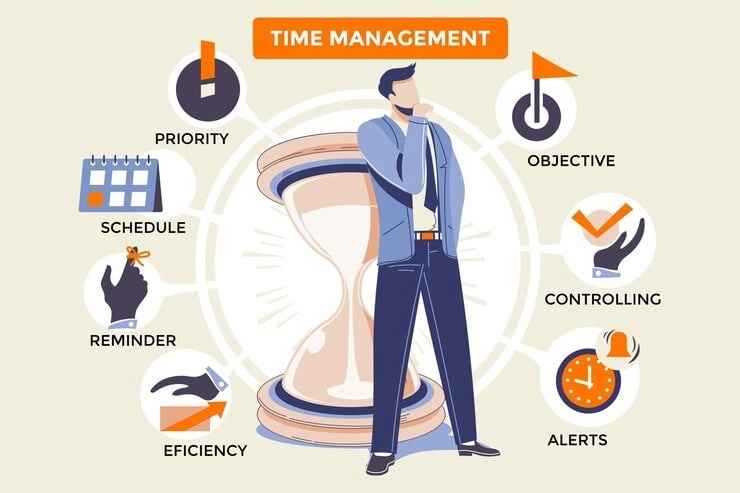
Introduction
In today's fast-paced development environment, managing your time effectively isn't just a nice-to-have skill—it's essential for delivering high-quality code while maintaining a work-life balance. With mounting pressure to ship features faster and the constant stream of notifications competing for attention, developers need strategic approaches to time management that address their unique challenges.
This guide explores practical time management techniques specifically tailored for developers, backed by research and real-world examples from high-performing engineering teams.
Why Time Management Matters for Developers
Software development requires deep focus and concentration. According to research, it takes approximately 23 minutes to regain focus after an interruption. These interruptions can significantly impact productivity and code quality for developers working on complex codebases.
The nature of development work presents unique time management challenges:
- Context switching costs: Moving between different projects, codebases, or technologies drains mental energy
- Deep work requirements: Complex problem-solving demands uninterrupted focus time
- Collaborative dependencies: Waiting for code reviews or input from team members can create workflow bottlenecks
- Technical debt management: Balancing new feature development with necessary refactoring
Implementing effective time management strategies can help you reclaim productive hours, reduce stress, and deliver more consistent results.
10 Proven Time Management Strategies for Developers
1. Implement Focus Sessions with the Pomodoro Technique
The Pomodoro Technique involves working in focused 25-30 minute intervals followed by short breaks. This approach is convenient for development work as it aligns with how our brains naturally function.
When working with complex codebases, getting your bearings can take time. Focus sessions give you the uninterrupted time needed to understand the problem space before implementing solutions. Set a timer, close distracting tabs and notifications, and work solely on the task at hand.
Pro tip: Use longer Pomodoro sessions (40-50 minutes) for deep coding work and shorter sessions for administrative tasks.
2. Leverage AI-Powered Development Tools
AI coding assistants like GitHub Copilot have transformed how developers manage repetitive tasks. These tools can generate boilerplate code, suggest completions, and help with documentation, freeing up your mental bandwidth for more complex problem-solving.
By 2025, AI tools are expected to handle up to 40% of routine coding tasks, allowing developers to focus on strategic work that delivers higher business value.
3. Batch Similar Tasks Together
Context switching is one of the biggest productivity killers for developers. Grouping similar tasks—like code reviews, bug fixes, or documentation—minimizes the mental overhead of switching contexts.
For example, dedicate specific time blocks for:
- Code reviews and pull requests
- Meetings and team collaboration
- Documentation and knowledge sharing
- Deep coding work
This approach reduces cognitive load and allows you to maintain a flow state for longer periods.
4. Implement Strategic Meeting Management
Unnecessary meetings can fragment a developer's day, making it difficult to find blocks of time for deep work. To protect your productive time:
- Block off "no meeting" time on your calendar for focused coding
- Question meeting invites that lack clear agendas
- Suggest asynchronous alternatives when appropriate
- Use tools that allow for collaborative decision-making without synchronous meetings
Many engineering teams have successfully implemented "meeting-free Wednesdays" to ensure developers have at least one day per week for uninterrupted focus.
5. Automate Repetitive Tasks
Identify repetitive tasks in your workflow that can be automated. This might include:
- Setting up testing environments
- Deployment processes
- Code formatting and linting
- Generating reports or documentation
Automation tools like Docker for containerization and CI/CD pipelines can significantly reduce time spent on routine tasks, allowing you to focus on writing and improving code.
6. Use Project Management Tools Effectively
A centralized project management system is essential for tracking tasks, deadlines, and dependencies without constant context switching. Teamcamp emerged as a standout solution for development teams in 2025, offering features designed to enhance developer productivity.
Teamcamp's unified project dashboard gives you complete visibility into all your projects, tasks, and resources in one intuitive interface. This centralized approach eliminates the need to jump between different tools, reducing cognitive load and making prioritizing easier.
Unlike traditional project management tools, Teamcamp balances productivity with developer autonomy through the following:
- Agile workflows: Kanban boards make it easy to visualize progress without micromanagement
- Voluntary time tracking: Log hours on tasks without rigid enforcement
- Real-time reporting: Gain insights into milestones and bottlenecks without unnecessary meetings
Organizations using Teamcamp have reported a 40% reduction in unnecessary meetings and a 28% increase in project delivery speed.
7. Create and Follow Developer Playbooks
Developer playbooks provide standardized procedures for common tasks, eliminating decision fatigue and reducing time spent on routine activities. These playbooks can include:
- Code review guidelines
- Deployment procedures
- Troubleshooting workflows
- Documentation templates
By establishing clear guidelines for well-understood workflows, you free up mental energy for more complex and creative aspects of development.
8. Implement Time Blocking for Deep Work
Time blocking is the practice of allocating dedicated time slots for various tasks, ensuring focused productivity and efficient workflow management. For developers, this might mean:
- 9:00-11:30 AM: Deep coding work (no interruptions)
- 11:30-12:00 PM: Email and communication
- 1:00-2:30 PM: Code reviews
- 2:30-4:30 PM: Feature development
- 4:30-5:00 PM: Planning for the next day
This approach ensures you have dedicated time for focused work while still addressing communication and collaborative needs.
9. Prioritize Tasks Using the Eisenhower Matrix
The Eisenhower Matrix is a strategic tool that helps you organize tasks by assessing their urgency and significance, allowing for more thoughtful prioritization:
- Urgent and important: Do these tasks immediately
- Important but not urgent: Schedule time for these tasks
- Urgent but not necessary: Delegate if possible
- Neither urgent nor important: Eliminate these tasks
This framework helps developers distinguish between critical bug fixes (urgent and essential), technical debt reduction (important but not urgent), and tasks that could be automated or eliminated.
10. Practice Regular Reflection and Improvement
Set aside time weekly to review your productivity and identify areas for improvement. Ask yourself:
- What tasks took longer than expected?
- Where did I get stuck or distracted?
- Which tools or processes helped me work more efficiently?
- What could I automate or delegate?
Teams using Teamcamp's analytics features can easily track these patterns over time, identifying bottlenecks and opportunities for workflow optimization.
Implementing These Strategies with Teamcamp
Teamcamp brings these time management strategies together in one cohesive platform, designed specifically for the needs of development teams. The platform's centralized workspace consolidates tasks, documents, and discussions, eliminating the productivity drain of constantly switching between tools.
Key features that support developer time management include:
- Unified project dashboard: View all projects, tasks, and resources in one place
- Milestone tracking: Monitor progress toward key deliverables
- Task prioritization: Easily identify and focus on high-impact work
- Seamless collaboration: Reduce meeting overhead with asynchronous communication tools
Teams using Teamcamp have reported significant productivity improvements, including a 32% reduction in administrative work and 42% lower overhead costs.
Conclusion: Building a Sustainable Productivity System
Effective time management isn't about working more hours—it's about making the most of the time you have. By implementing these strategies and leveraging tools like Teamcamp, you can create a sustainable productivity system that enhances your output while preventing burnout.
The most successful developers aren't necessarily the ones who work the longest hours, but those who strategically manage their time to maximize deep work, minimize distractions, and collaborate efficiently.
Ready to transform your development workflow? Explore how Teamcamp can help your team implement these time management strategies while maintaining the autonomy developers need to do their best work.
Take Free Trial of Teamcamp and experience how the right project management tool can enhance your team's productivity while reducing administrative overhead.*











